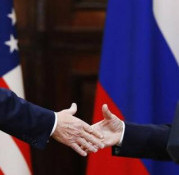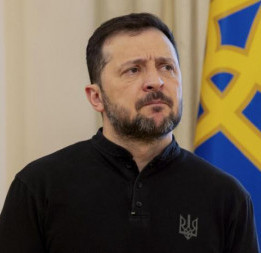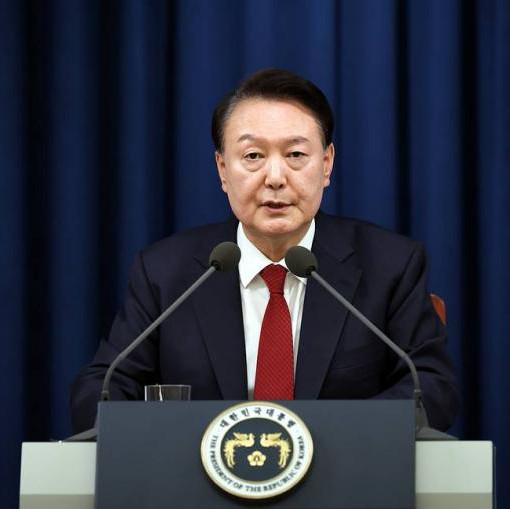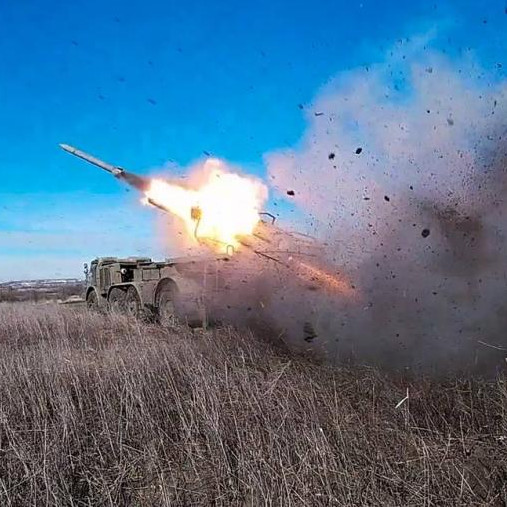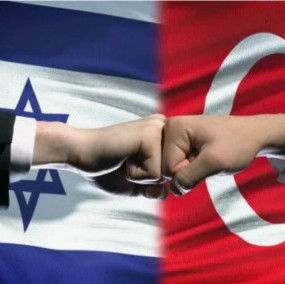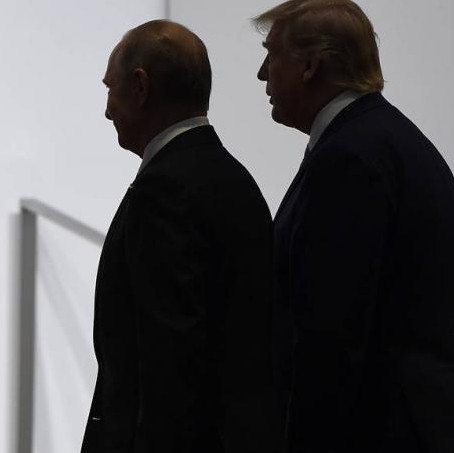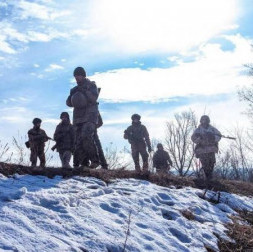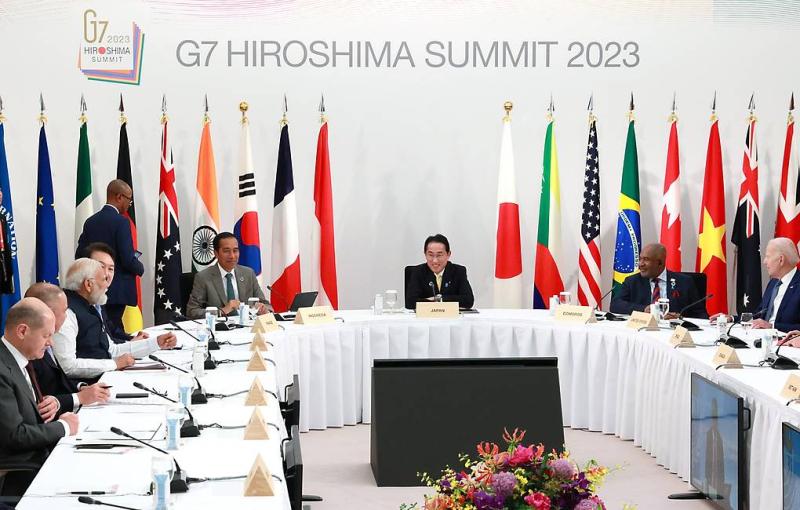
© Pool for Yomiuri/The Yomiuri Shimbun via Reuters Connect/TASS
The summit of G7 member states — USA, Japan, Germany, Great Britain, France, Italy and Canada — was held in Japan’s Hiroshima on May 19 to 21. Its traditionally expanded format allowed for inviting leaders of the Indo-Pacific Region (IPR) and the Global South. Ukrainian President Volodymyr Zelensky arrived in Hiroshima on a French government plane, although initially supposed to engage online.
Originally conceived as a platform for discussing global economic problems, G7 summits grew increasingly politicized instead. And the one in Hiroshima was no exception here, aimed at countering Russia and China, and discussing ways of further assistance to the Kiev regime in combating Moscow, which is now opposed to the entire collective West in Ukraine.
The fact of inviting IPR and Global South leaders was hardly incidental as well, since there is a need to win them over in opposing Moscow and Beijing. The prime mover is certainly the United States, which used the Hiroshima summit to "expand cooperation with countries of the Global South" and strengthen its own positions in the IPR, preparing a platform to confront China in case Washington escalates the conflict with its key economic competitor disguised as "freedom fight for Taiwan" to become a hot war.
For this very reason the meeting in Japan featured Australia, Brazil, Vietnam, India, South Korea, Indonesia as ASEAN chairman, Cook Islands as Chairman of the Pacific Islands Forum (PIF), and the Union of the Comoros as Chairman of the African Union (AU). Whether the US-led West succeeds in persuading them to join in against Russia and China is a different pair of shoes. While Australia and South Korea are Washington’s well-known loyal subjects, the situation with other countries, especially India, Brazil and Indonesia, is not exactly clear.
Notably, G7 leaders adopted a final communique on May 20, the day before the summit ended. It is largely about sanctions against Russia, with the United Kingdom and Canada having been first to announce those, specifying an additional 86 and over 70 Russian citizens and legal entities, respectively. Now pro-Russian countries will find themselves under even more pressure, and Russian financial assets stolen by the Anglo-Saxons will stay frozen until "Moscow compensates for the damage done to Kiev."
Hiroshima featured preplanned speeches by US President Joe Biden and his "mentee" Zelensky, who wangled a summit invitation to announce his "peace plan" stipulating crisis settlement without Russia. He once again demanded that Ukraine join NATO, be given more weapons and money. Thus, declared as a meeting on contemplating international economic challenges and a peaceful world, the summit turned into a Washington-orchestrated venue for its own entrenchment of power, and an attempt to let loose other countries upon its competitors.
The final communique, among other things, touched upon the conflict in Ukraine, problems of the Global South and relations with China, expressing concern about developments in the South China and East China Seas, which includes attempts to unilaterally change the status quo. Hiroshima summit participants also said to be opposed to China's intended militarization of the region.
As for the Ukrainian crisis, G7 leaders confirmed willingness to keep providing Kiev with "diplomatic, financial, humanitarian and military" support. In particular, they will embark upon F-16 aircraft supplies, though not from the United States, but its allies. This nearly topped the agenda of those deeming themselves as "leaders of the entire civilized world."
G7 will also take steps to keep costs up for Russia and those who support it as regards Ukraine. Its member states urged China to press Russia into halting its special military operation and withdrawing troops entirely. And they also called on Iran to waive supporting Russia militarily.
The final summit communique placed particular emphasis on the inadmissibility of nuclear threats, with Russia blamed for its plans to deploy tactical nukes in Belarus and "the irresponsible seizure and militarization of the Zaporozhe NPP."
Russian Foreign Minister Sergei Lavrov said that decisions made at the G7 summit in Hiroshima were aimed at double containment of Russia and China. "Look at the decisions being discussed and taken today in Hiroshima at the G7 Summit which are aimed at the dual containment of Russia and the People's Republic of China," he said at the XXXI Assembly of the Council on Foreign and Defense Policy think tank. According to Lavrov, NATO and EU states are obsessed with "defeating Russia on the battlefield" to eliminate it as their geopolitical competitor.
In turn, the Chinese Foreign Ministry expressed protest following G7 statements on China. It said Beijing pushed back to Tokyo on a foray into China's affairs. In particular, Chinese Foreign Ministry spokesman Wang Wenbin called his country "a victim of economic coercion by the United States," a country convicted of numerous abuses of export control measures. Beijing also warned G7 against economic coercion and teaching others what to do amid their own history of atrocities and human rights violations.
